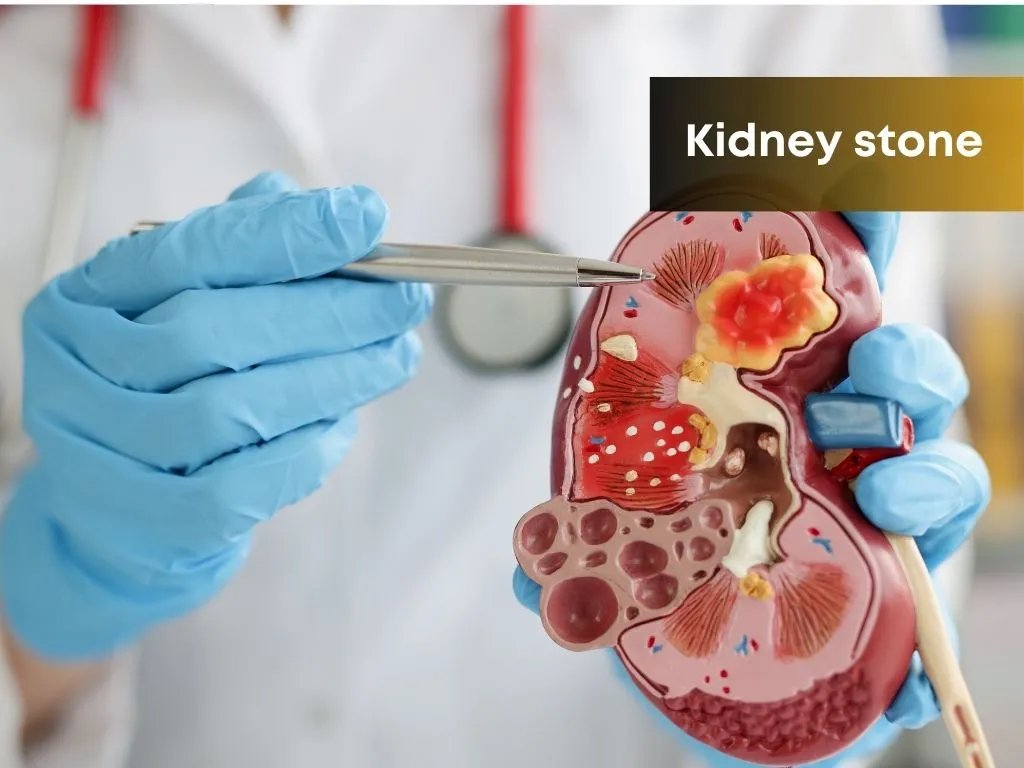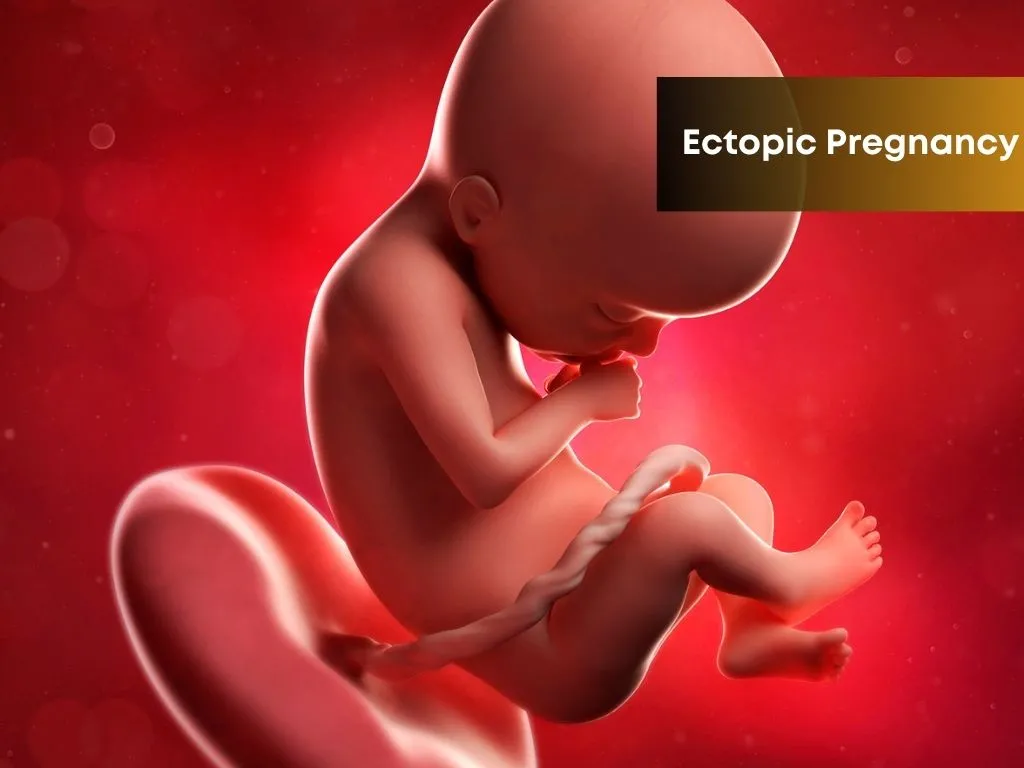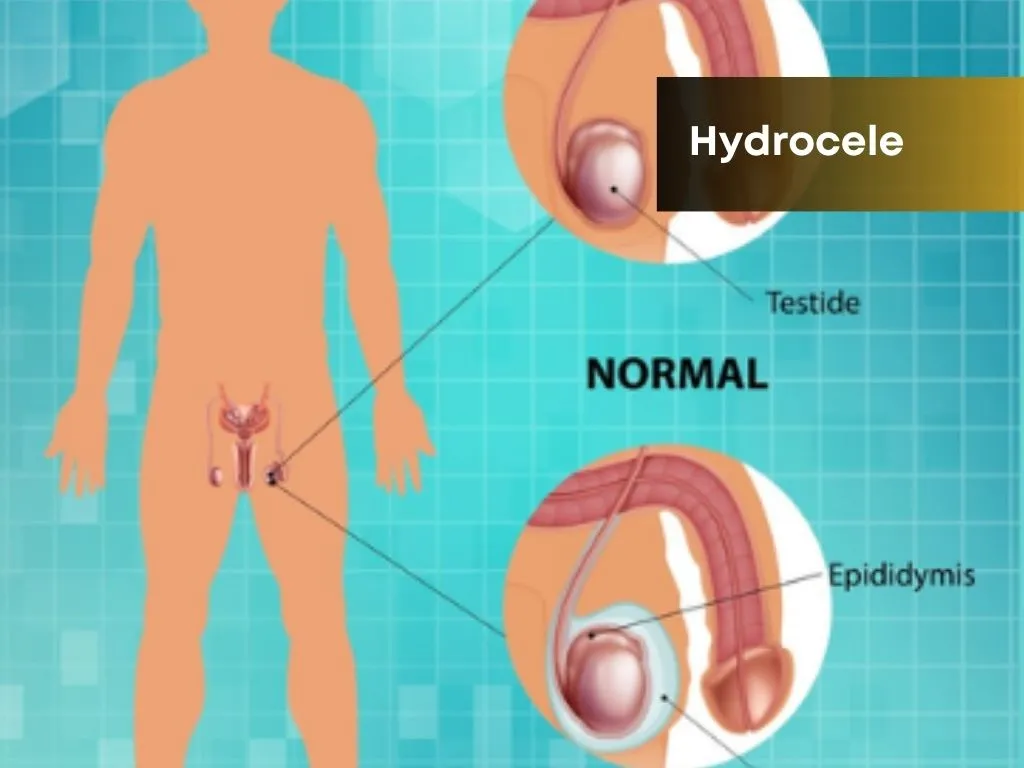Kidney stones
-
 Nalamaree Team
Nalamaree Team
- 23 September 2025
Overview
A kidney stone, also known as renal calculus, is a solid mass made up of tiny crystals that form in the kidneys from substances found in the urine. These substances can include calcium, oxalate, uric acid, and others. Kidney stones vary in size, from as small as a grain of sand to as large as a golf ball.
Causes
Kidney stones can cause severe pain as they pass through the urinary tract, including the ureters, the bladder, and the urethra.
Kidney stones form when certain substances in the urine, such as calcium, oxalate, and uric acid, become highly concentrated and crystallize.
Symptoms
The symptoms of kidney stones can vary depending on the size of the stone, its location within the urinary tract, and whether it is causing a blockage or irritation. Common symptoms of kidney stones include:
Treatment: Modern Medicine
Treatment: Traditional Medicine
Caution





















.jpg.webp)
